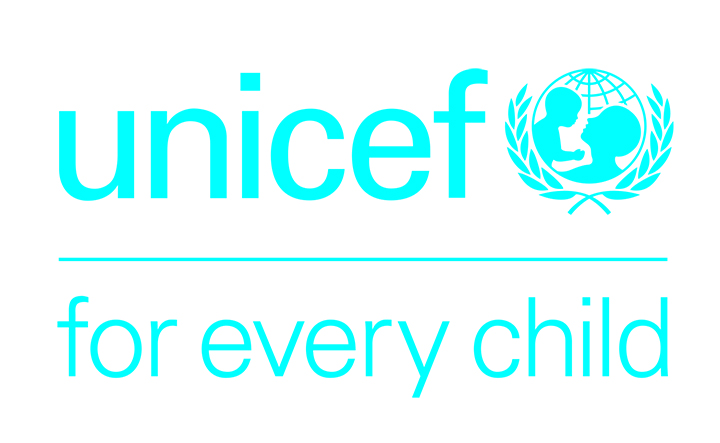The health emergency caused by Covid-19 epidemic has hit the indigenous peoples hardest. In Loreto, according to data published by the Ministry of Health in September 2021, the mortality rate is 9.29% (slightly higher than the national rate of 9.21%) and there have been 44,844 cases and 4,165 deaths due to Covid-19 virus.
Due to the location of these communities on Peruvian territory and the lack of means to access treatment and care, it turned the indigenous populations into extremely vulnerable. Therefore, since the project started in September 2021, it has aimed to strengthen the disease prevention capacity of families in indigenous communities in the provinces of Rio Tigre, Urarinas and Parinari.
Children, adolescents and their families in the indigenous communities receive family hygiene kits, each consisting of alcohol in gel, washing-up liquid, hand soaps, toothbrushes and toothpaste, while masks are distributed to the entire population without distinction as a protective device. As part of the intervention, 4,700 hygiene kits were delivered, sensitising the community with key messages on good hygiene practices and protection. Overall, 18,800 people received personal and household hygiene items in an area where people do not have easy access to these types of products.
In addition, the project also included a line of construction of blue points, water supply systems to promote frequent handwashing, both for students in public schools and for people going to health facilities for medical consultations. So far, 15 Blue Points have been built in 11 public facilities in Iquitos (capital of the Amazonian region of Loreto) for the benefit of schoolchildren and sick people visiting hospitals, but plans are afoot to build another 35 Blue Points in several schools in Peru's capital, Lima.
